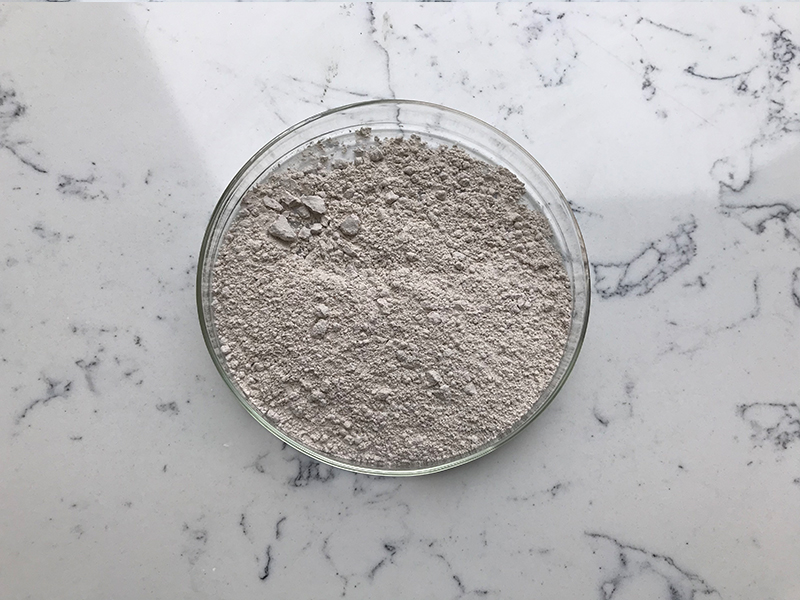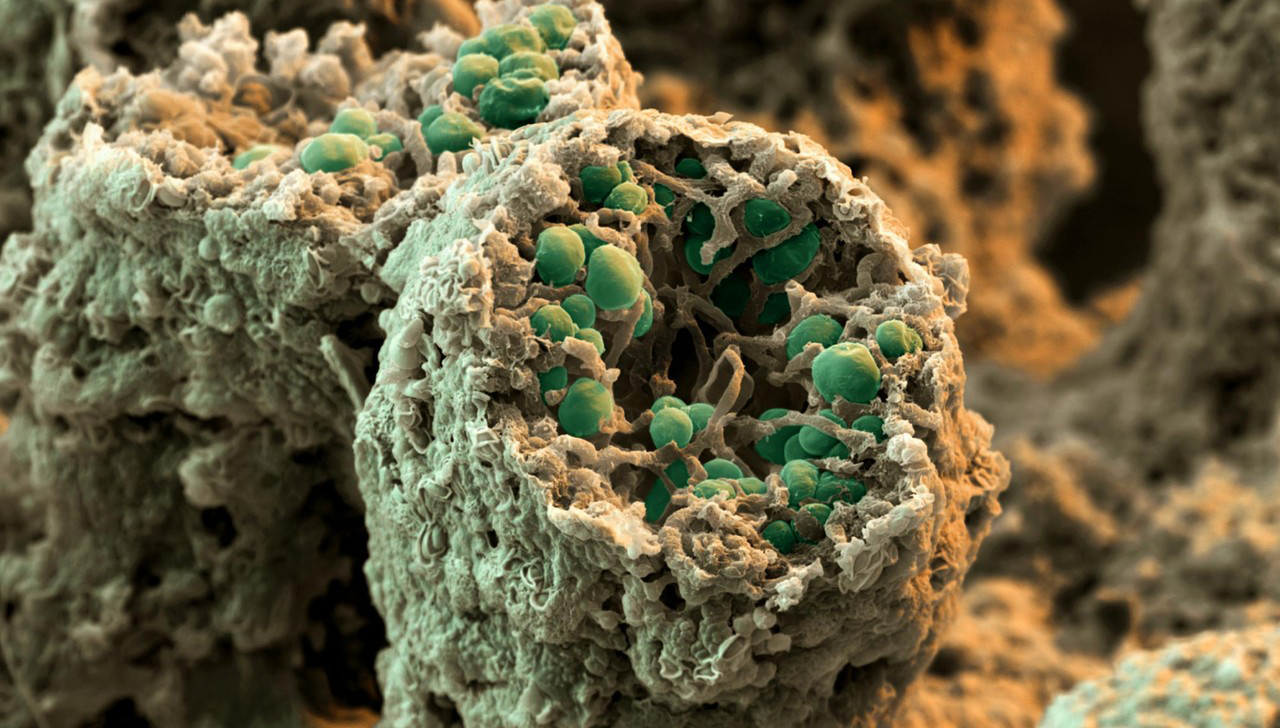Bacillus licheniformis is a Gram-positive, rod-shaped bacterium that belongs to the genus Bacillus. It is known for its ability to produce a variety of enzymes and metabolites, making it valuable for industrial applications, particularly in the fields of biotechnology and bioprocessing. Here is a comprehensive overview of Bacillus licheniformis, covering various aspects of its biology, applications, and significance:
1.Taxonomy and Classification:
Bacillus licheniformis is a species of bacteria within the Bacillus genus.
It is Gram-positive, aerobic, and spore-forming.
2.Morphology and Physiology:
The bacterium typically appears as straight or slightly curved rods.
It forms endospores under unfavorable conditions, contributing to its environmental resilience.
Bacillus licheniformis is mesophilic, thriving in moderate temperature ranges.
3.Habitat and Ecology:
Commonly found in soil, Bacillus licheniformis has a widespread distribution in natural environments.
It can also be isolated from various industrial and food processing settings.

4.Genome and Genetics:
The genome of Bacillus licheniformis has been sequenced, providing insights into its genetic makeup.
Genes associated with the production of enzymes and antimicrobial compounds are of particular interest.
5.Metabolism and Enzyme Production:
Bacillus licheniformis is known for its capacity to produce a variety of enzymes, including proteases, amylases, lipases, and cellulases.
These enzymes have applications in various industries, such as detergent manufacturing, food processing, and biofuel production.
6.Industrial Applications:
The industrial significance of Bacillus licheniformis lies in its enzyme production and secretion capabilities.
It is employed in the production of industrial enzymes for applications like textile processing, leather treatment, and bioremediation.
7.Biotechnological Relevance:
Due to its ability to secrete proteins and enzymes, Bacillus licheniformis is used as a host organism for recombinant protein production in biotechnology.
It has been engineered for the production of bio-based chemicals and biofuels.
8.Probiotic and Health Aspects:
Some strains of Bacillus licheniformis have been explored for potential probiotic applications.
Research suggests that certain strains may have health-promoting effects, although more studies are needed to establish their efficacy.

9.Challenges and Considerations:
While Bacillus licheniformis has various industrial applications, concerns regarding its safety and potential pathogenicity must be addressed, especially in applications related to food and health.
10.Current Research and Future Perspectives:
Ongoing research focuses on understanding the molecular mechanisms underlying its enzyme production, exploring novel applications, and improving strain performance through genetic engineering.
In conclusion, Bacillus licheniformis is a versatile bacterium with a broad range of applications in industry and biotechnology. Further research and development are likely to uncover additional uses and enhance its potential in various fields.
